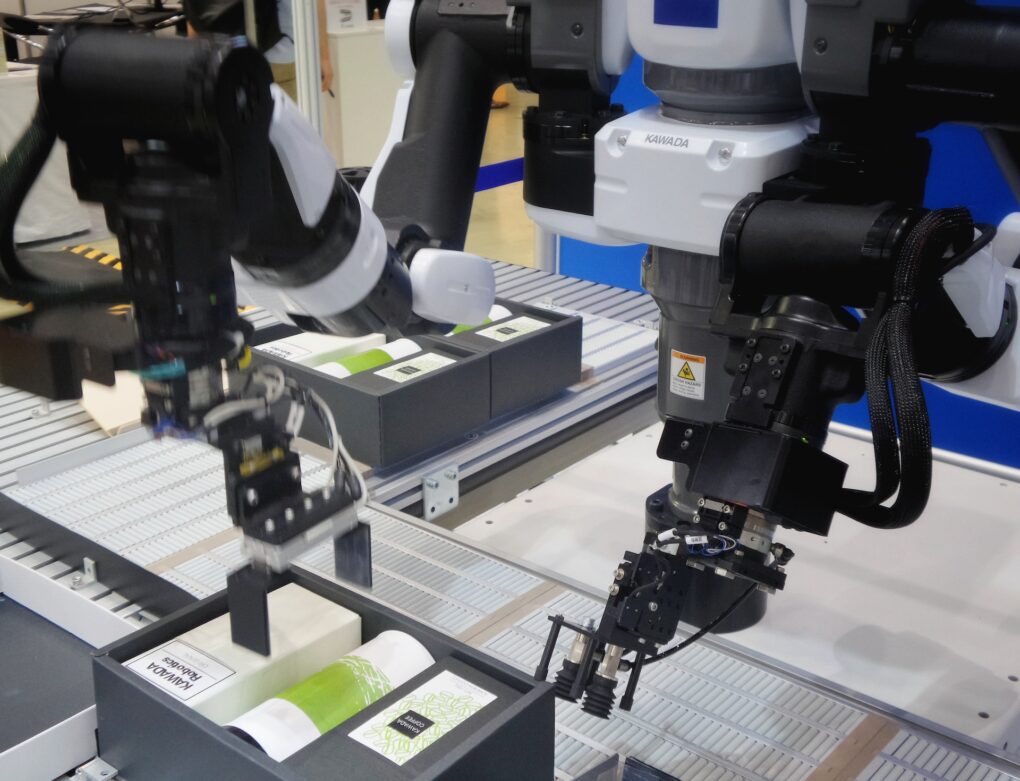AI Survival Guide: Best Practices to Mitigate AI Litigation Risk
Organizations using artificial intelligence-based technologies that perform facial recognition or other facial analysis, website advertising, profiling, automated decision making, educational operations, clinical medicine, generative AI, and more, increasingly face the risk of being targeted by class action lawsuits and government enforcement actions alleging that they improperly obtained, disclosed, and misused personal data of website visitors, employees, customers, students, patients, and others, or that they infringed copyrights, fixed prices, and more. These disputes often seek millions or billions of dollars against businesses of all sizes. This webinar identifies recent trends in such varied but similar AI litigation, draws common threads, and discusses best practices that corporate counsel should consider to mitigate AI litigation risk. Our excellent speakers are Jerry Maatman and Justin Donoho of Duane Morris.




